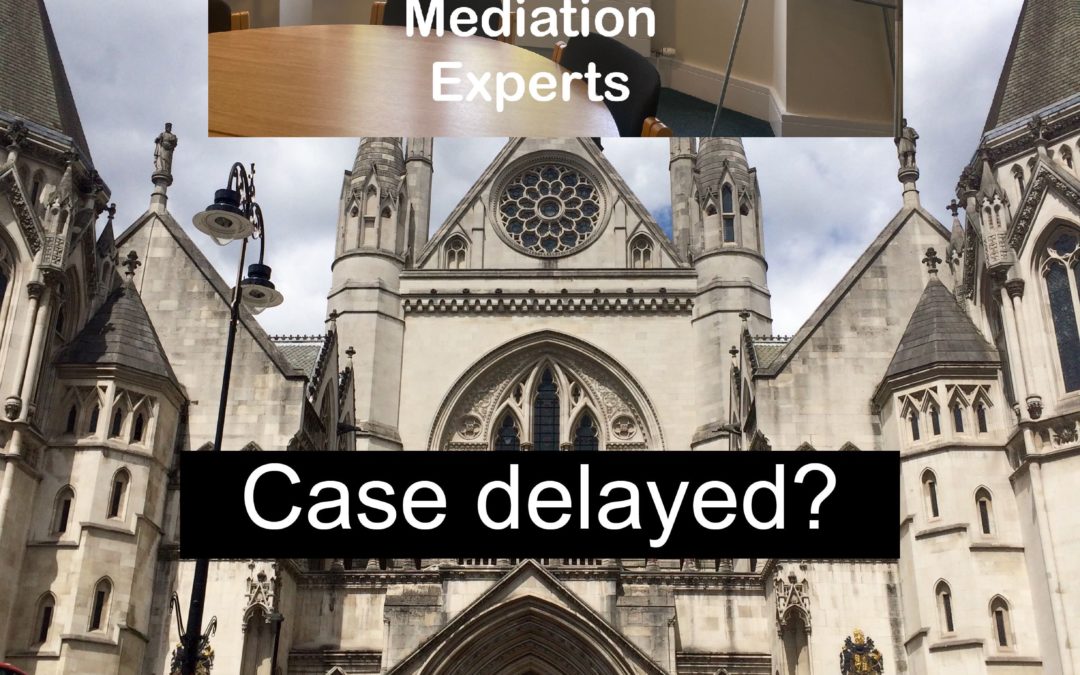
We are seeing an increase in reported cases where the Courts are asked to consider departing from the usual costs rules because if the other party’s conduct including failure to mediate. This is always a useful argument to raise in order to show unreasonable conduct, which is why we always recommend mediating.
In a recent case (Horlick & Ors v Cavaco & Ors (Costs) [2022] EWHC 3096 (KB) (02 December 2022)
URL: http://www.bailii.org/ew/cases/EWHC/KB/2022/3096.html) this argument was raised and the Court decided that the delay in mediating was down to coronavirus rather than unreasonable conduct.
Incidentally, the overall costs were over £2m and the costs of the mediation alone were £194,276, which the judge did say were completely out of proportion.
The Court said that:
- PMSA seeks its costs of the expenses claim from DCL and unjust enrichment claim from Mr Horlick on the indemnity basis. They claim that the conduct of those claims was outside the norm for the following reasons, namely:
- An award of indemnity costs is only warranted where a party’s conduct or the circumstances of the case take it “out of the norm” that is “something outside the ordinary and reasonable conduct proceedings”: see the notes at 44.3.8 of the White Book Volume 1 page 1505. In my judgment, none of the factors relied upon by PMSA justifies this conclusion. There was evidence adduced to support these claims but the Court found that the evidence was insufficient and PMSA, by the skilful advocacy of Mr Watson, was able to make significant inroads into the evidence of Mr Horlick in cross examination. This was particularly so in relation to the expenses claim, by reference to the question as to whether the expenses were due to the retainer under the Engagement Agreement or due to the retainer by Grandover Mining.
- The claims were not speculative or weak as is evidenced by the fact that the offers made, in my judgment, were over and above a nuisance value payment. This is not a case where the Claimants can be criticised for not having accepted the offers in the context of claims for relatively large sums which were far greater than the offers made. The criticisms about the mediations are not well made because the mediations were cancelled for COVID reasons in 2021. In any event, a mediation in February 2022 was unsuccessful. For all these reasons, the costs ought to be paid on the standard basis and not on the indemnity basis
So in this case the Court did not consider the argument about timing of mediation was valid but the fact that these arguments seem to be being raised in many reported authorities suggests that parties are alive to the need to mediate so as to avoid an adverse costs order.

